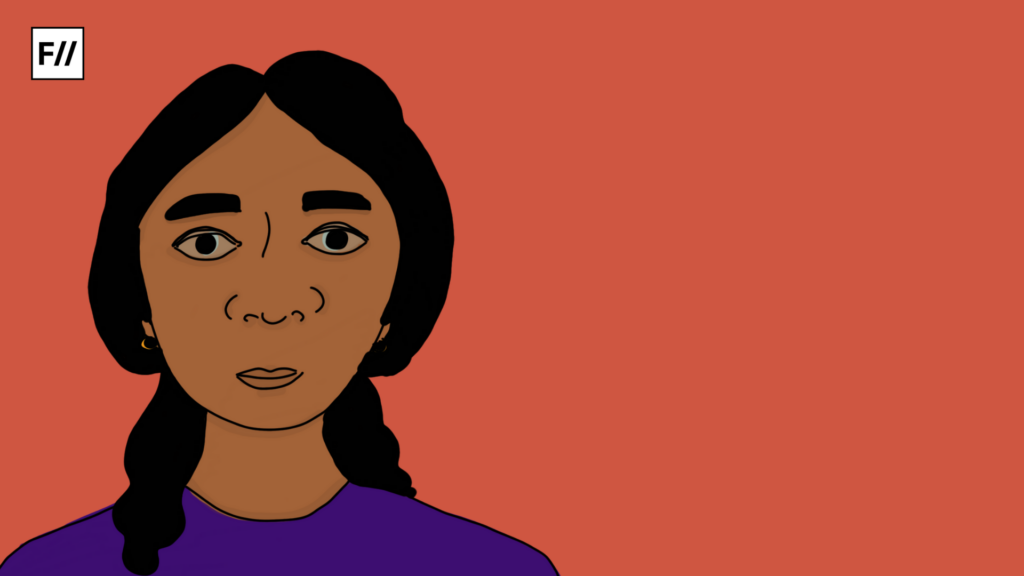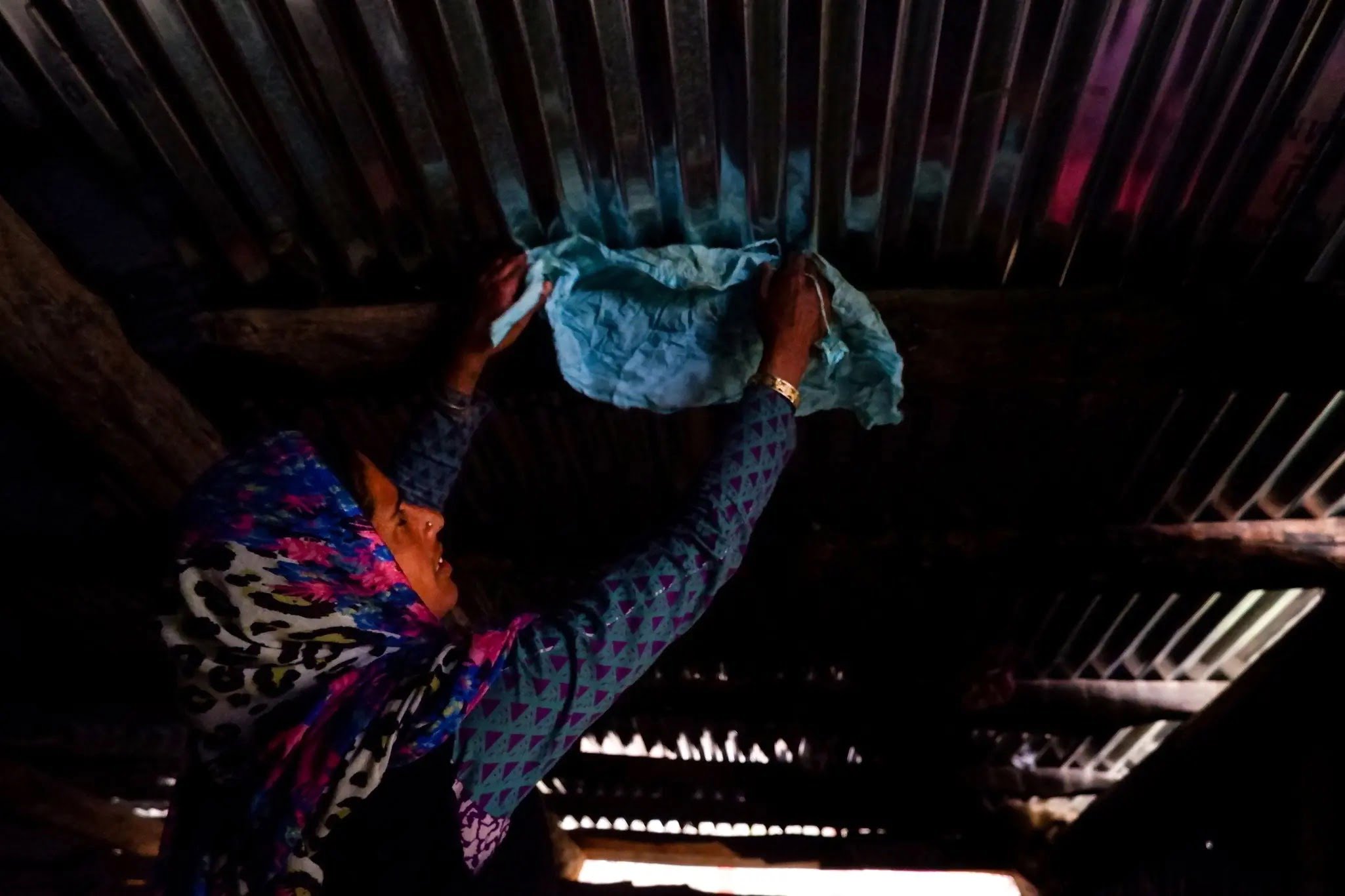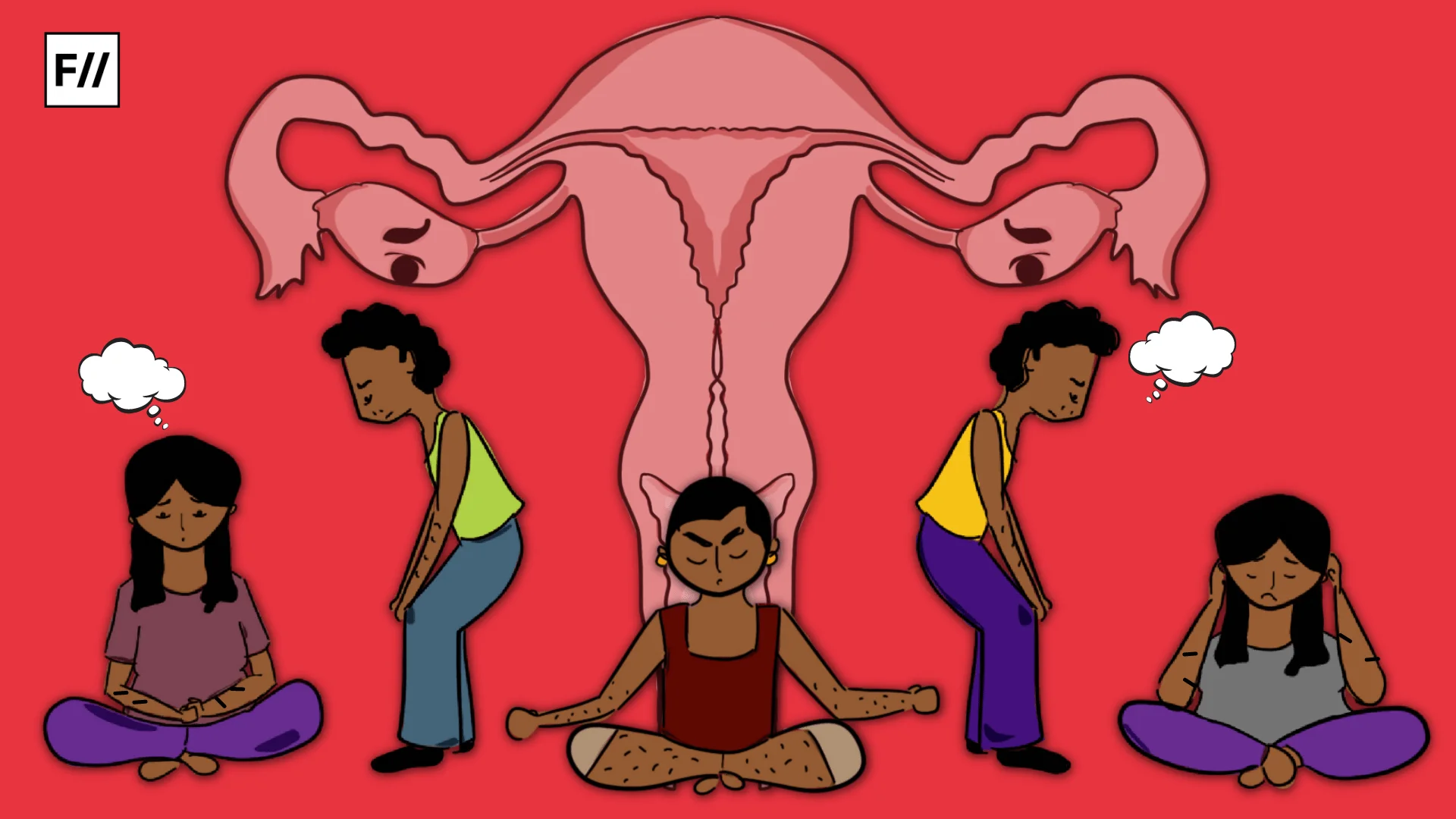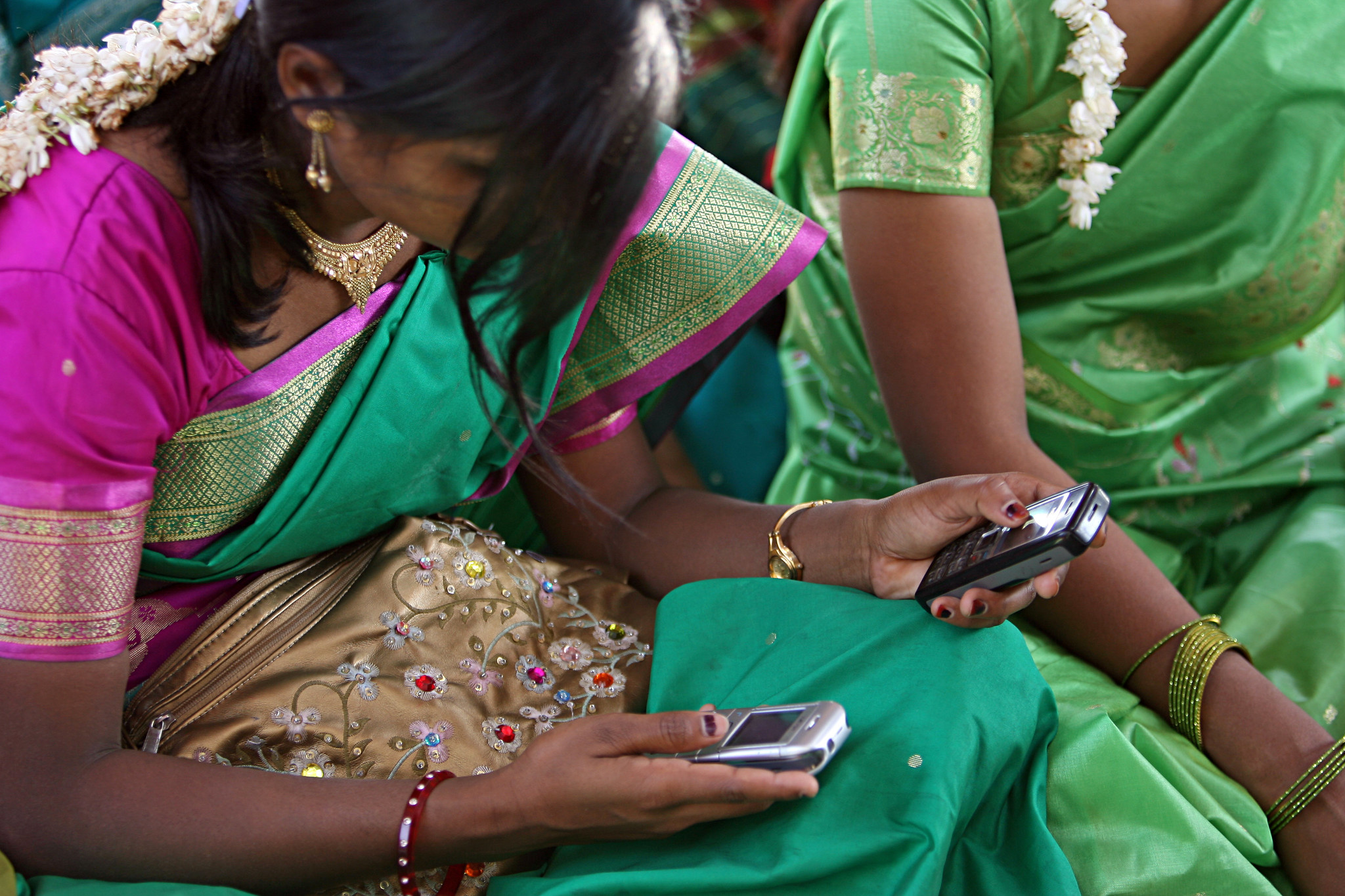A recent study conducted by Dr. Auqfeen Nisar, a doctor at the Government Medical College in Srinagar, has shed light on a concerning issue that over 60% of women in the region still rely on cloth for menstrual health care. While affordability is often cited as a barrier, doctors argue that the main issue lies in the lack of awareness surrounding the importance of using sanitary napkins.
Dr. Nisar’s hospital-based surveys revealed that only around half of the women surveyed were using sanitary napkins. Even among those who did use pads, there was a general lack of understanding regarding their significance. Many women resorted to using pads simply because they were available, without grasping the health benefits they offered.
To address this pressing issue, Dr. Nisar emphasises the need for community awareness sessions to educate women about menstrual hygiene. Additionally, she urges the government to provide better quality pads at affordable prices. Although the Ministry of Health and Family Welfare has introduced a scheme promoting menstrual hygiene among adolescent girls in rural areas, doctors argue that it has not reached enough women. They call for increased awareness of the scheme and enhanced accessibility to sanitary napkins.
“Many women are using pads simply because they are available, but they do not understand the importance of using them,” Dr. Nisar explained to FII.
To address this pressing issue, Dr. Nisar emphasises the need for community awareness sessions to educate women about menstrual hygiene. Additionally, she urges the government to provide better quality pads at affordable prices. Although the Ministry of Health and Family Welfare has introduced a scheme promoting menstrual hygiene among adolescent girls in rural areas, doctors argue that it has not reached enough women. They call for increased awareness of the scheme and enhanced accessibility to sanitary napkins.

“The government should provide good quality pads at affordable prices so that women can switch to using them. This will help to keep them away from infections and other health problems,” Dr. Nisar emphasised.
Dr. Nisar also highlights the potential health risks associated with cloth usage during menstruation. Cloth can harbour bacteria and harmful microorganisms, leading to infections. Sanitary napkins, on the other hand, provide a safer option for women. The government’s role is crucial in educating women about these risks and making sanitary napkins more affordable for all.
In an attempt to understand the reasons behind the persistent use of traditional methods, we spoke with several women from Jammu and Kashmir. Their perspectives shed light on the complex factors at play.

“When I got my periods for the first time, I had no knowledge about what was happening to me. I thought I would bleed to death. But my mother calmed me down and told me that it was normal. I still remember she folded her cotton dupatta and told me to use it, so I had no knowledge that sanitary pads actually existed till I reached class 8. But till that time, I was accustomed to it, and I was comfortable. I never thought about changing cloth with pads. Once I tried, and I still remember I got rashes, so I discontinued. I know it can lead to infection, but what can I do? If my mother would have given me pads from the beginning, I would have been using them, but that was not the case,” shared Saima Batool, a student at the University of Kashmir.
It’s all rubbish. We never got an infection from using cloth. These are all marketing techniques. We have been using clothes for centuries, and we never faced any problems. I have three kids, and they were born through normal delivery. Today, women who are using these expensive pads are getting terrible surgeries like C-sections. How can you justify that? At first, it’s about affordability. I can’t waste 50 rupees every month to get pads and later throw them away after one use. We live in backward parts of Kashmir; we don’t have that much money to waste. Using cloth gives us the flexibility of washing them and using them again, and it’s comfortable for us.
Shaheena Muzaffar
A 37-year-old woman from a rural area, Shaheena Muzaffar, emphasised about the affordability and shared her perspective on the comfort and reusability of cloth, stating, “It’s all rubbish. We never got an infection from using cloth. These are all marketing techniques. We have been using clothes for centuries, and we never faced any problems. I have three kids, and they were born through normal delivery. Today, women who are using these expensive pads are getting terrible surgeries like C-sections. How can you justify that? At first, it’s about affordability. I can’t waste 50 rupees every month to get pads and later throw them away after one use. We live in backward parts of Kashmir; we don’t have that much money to waste. Using cloth gives us the flexibility of washing them and using them again, and it’s comfortable for us.”

Mehwish Farooq recalled an incident where Anganwadi workers organised a session on menstrual hygiene in their village. She expressed disappointment with the quality of the free pads distributed during the session, stating, “Once we were called by anganwadi workers; they told us that some doctors have come to the village to teach us about menstrual hygiene. They talked very much about it, and at the end, they handed us pads. So, we were very happy that we would get free pads. But that happiness lasted for a few hours as the pad we were using got torn up in just an hour. After one hour, we had to remove it as the cotton started to fall off. It’s not that we can’t afford to get pads from shops, but most of us are shy and afraid of asking a chemist for them. We have these shops in our vicinity, and they know us personally, which makes it harder to ask for sanitary pads from them. So, we use cloth just like our mothers and grandmothers.“
The study conducted by Dr. Nisar serves as a wake-up call, highlighting the urgent need for increased awareness and accessibility to sanitary napkins in Jammu and Kashmir. It underscores the importance of empowering women with knowledge about menstrual hygiene and providing them with affordable and high-quality options for menstrual protection. Only by addressing these issues can the region ensure the well-being and health of its women, breaking the barriers that have persisted for far too long.
Farhat Muskan, echoing the sentiments of many urban women, expressed shock and concern regarding the high percentage of women in rural Kashmir still using cloth. She stressed the importance of addressing both awareness and affordability issues, stating, “I was shocked when I heard about 60% of women in Kashmir still using these clothes for protection. I was disheartened, but I really think that this is a case of rural Kashmir, not of the urban one. I can’t imagine using cloth and later washing and reusing it. With the thought of it, I feel nauseated. It’s not only about awareness; it’s about affordability as well. Women should be provided free pads. Why do they need to pay for something so basic? Don’t we have enough budget to grant free pads for at least women living in rural Kashmir? I once heard from my colleague that the quality of pads provided by the health department was so bad that they started using cloth again. We need to think and work on it.“
The study conducted by Dr. Nisar serves as a wake-up call, highlighting the urgent need for increased awareness and accessibility to sanitary napkins in Jammu and Kashmir. It underscores the importance of empowering women with knowledge about menstrual hygiene and providing them with affordable and high-quality options for menstrual protection. Only by addressing these issues can the region ensure the well-being and health of its women, breaking the barriers that have persisted for far too long.




